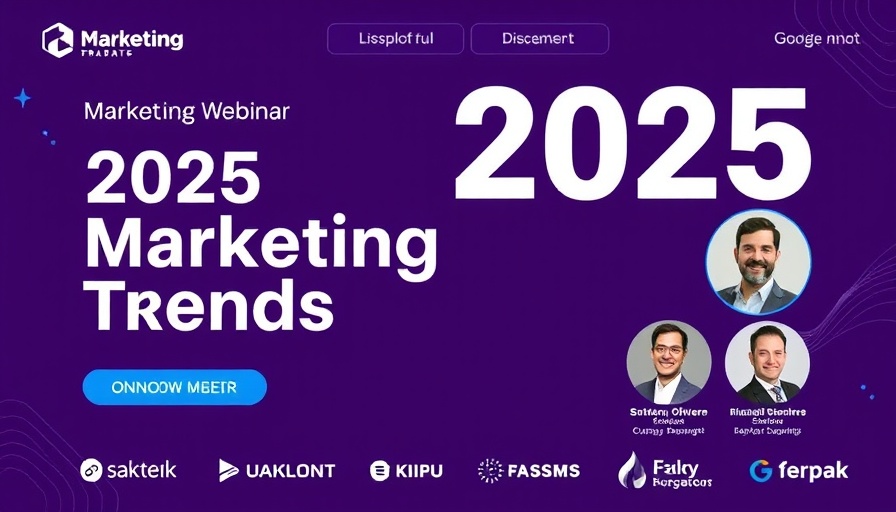
The Rise of GEO in 2025: Is SEO in Jeopardy?
As we approach 2025, the digital marketing landscape is undergoing a seismic shift. Enter Generative Engine Optimization (GEO), a new contender that’s set to redefine how businesses interact with their clientele. Historically, Search Engine Optimization (SEO) has been the gold standard for boosting online visibility. However, with the advent of AI technologies and conversational agents like ChatGPT and Perplexity, businesses must rethink their strategies or risk obsolescence.
Understanding Generative Engine Optimization (GEO)
GEO focuses on optimizing content not just for traditional search engines like Google but also for AI-driven platforms that generate responses based on user prompts. As highlighted in multiple industry analyses, brands are now learning to tailor their content to ensure compatibility with AI systems. Unlike SEO, which relies heavily on backlinks and keyword relevance, GEO emphasizes contextual understanding and AI engagement to effectively capture audience interest.
Ryan Young, in an article from Walker Sands, clarifies that GEO isn't merely a substitute for SEO; rather, it complements it. As generative AI becomes a dominant player in content distribution, the fusion of GEO and SEO strategies will be crucial for brands aiming to maintain visibility across all platforms.
Future Predictions: What Lies Ahead for Digital Marketing?
The implications of these trends are massive, particularly for location marketing. As businesses adapt, several key trends are expected to emerge:
- Increased reliance on AI: Brands will utilize AI not just for content generation but also for analyzing consumer behavior and optimizing their marketing strategies.
- Rise of GEO as a standard: Companies that implement GEO strategies alongside traditional SEO will outpace competitors who solely rely on historical methods.
- Content evolution: There will be an increase in multimedia content, as brands look to engage consumers with video, audio, and interactive elements beyond text-based content.
The Shift Towards AI-Augmented Search
Platforms like Google are rolling out AI-augmented search features designed to provide users with concise, relevant answers while also citing original content sources. This increased visibility for brands will necessitate a robust digital presence that goes beyond simple keyword optimization.
Professional insights from Sharon McClintic at Deepcrawl emphasize the necessity of adapting one’s SEO strategies to accommodate these changes. For example, integrating structured data and ensuring your website is AI-friendly will become paramount.
Embracing Change: Actionable Insights for Marketers
The future is upon us, and it's imperative for businesses to react swiftly. Here are some practical steps businesses can take to prepare:
- Integrate GEO into your strategy: Don't merely abandon SEO; adapt it to include GEO practices.
- Focus on meaningful content: Prioritize high-quality over high-quantity content tailored for AI interpretation.
- Monitor emergent AI tools: Stay informed about emerging AI-driven search platforms and tools, integrating them into your marketing approach.
Conclusion: The Future of Marketing
The dialogue around the future of SEO as we know it is dynamic, nuanced, and ripe for exploration. GEO could redefine how brands connect with their audiences, paving the way for a future rich with opportunities. As we move towards 2025, embracing the change brought about by AI and GEO could be the key to thriving in an evolving digital market.
As marketers gear up for the future, leveraging the insights gained from understanding both SEO and GEO will be critical. Engage with these new tools and strategies today to ensure your business not only survives but flourishes in the digital landscape.
 Add Row
Add Row  Add
Add 






Write A Comment